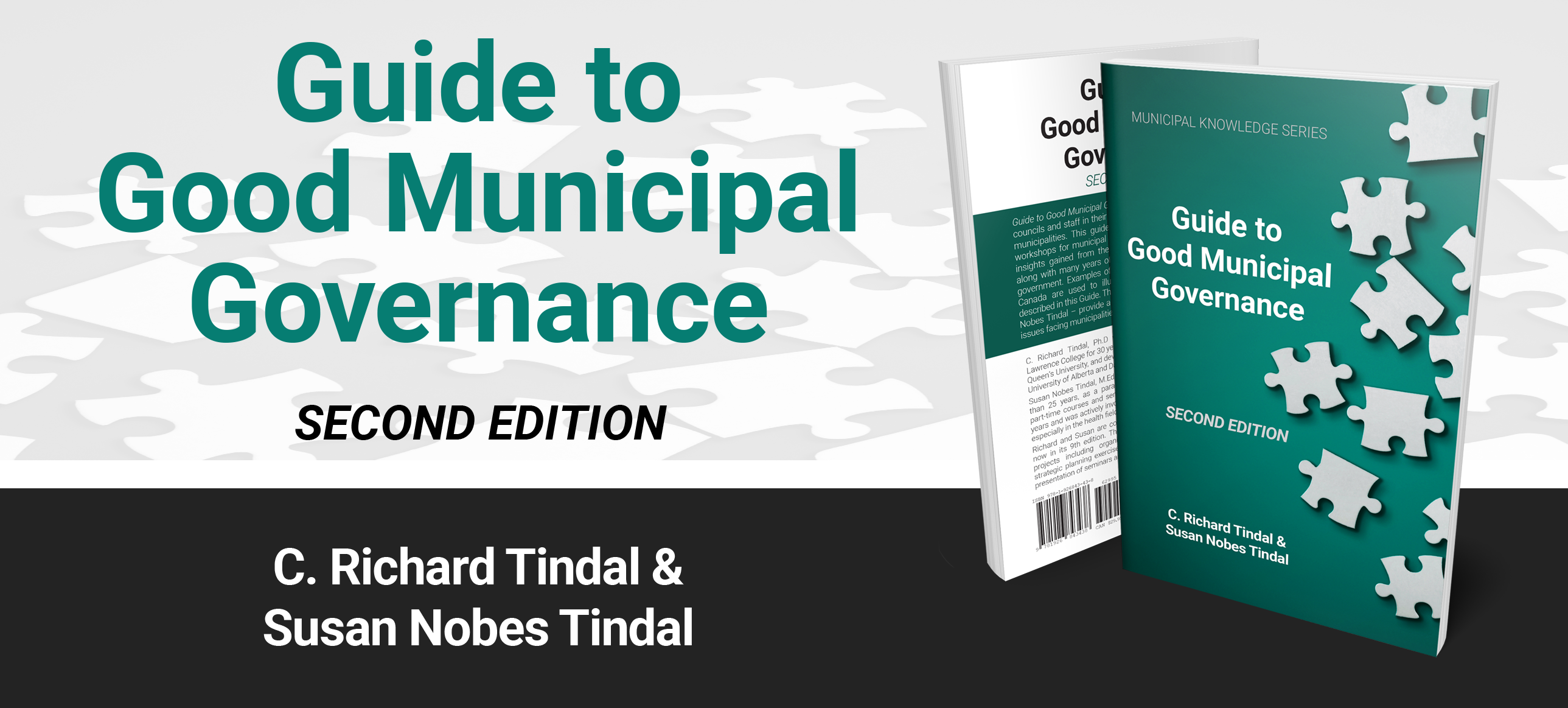What constitutes fair public input today?

Three areas of public dissent and how they affect local government
I watch and read with a sense of dismay and foreboding as episodes of unruly public behaviour at school board and council meetings surface (mostly in the U.S. but also in Canada).
As someone who has written extensively over the years about the need for balanced public input and a concern over the absence of it, it seems like the world has gravitated to such a degree of polarization that “fair and balanced” are words from the past. This admission dates people like me who often complained with respect to a lack of public interest or awareness in all things local until the reality of “sticker shock” occurs when tax notices are mailed.
1. Education
The priority of every citizen is their own family members. Having said that, it is difficult to fault parents who are concerned about what their young children are ingesting from their much older and thus supposedly wiser and more mature teachers (and endorsed by school trustees).
Every parent should be taking an active interest in the education of their children and should be deliberately invested in how they are being prepared for societal challenges as they emerge from formal schooling. Where they see material being taught or illustrated that runs directly counter to their own values or what they thought public education was mandated to do, parents should have their voices heard.
2. Public Commentary
Public commentary on municipal issues will be prime feeding grounds for those who argue against policing methods, or those who believe that local governments should be far more engaged in traditional provincial and federal realms.
While those who have been complaining about the lack of public interest in attending council meetings might have cause to reflect on their concerns, the “progress” made by loud activist voices on the far left and far right will create a much larger, inclusive welcome mat. Those who rightly believed that their opinions would not land well in a mature audience will marvel at the daily coverage being attended others with radical views and no muzzle on their masks.
3. Self-Responsibility
This newly discovered megaphone of assertive public dissent may well be contagious as both radical and fringe elements seize their opening to be seen and heard on a much larger stage. If so, we may be facing a tidal wave of public venom with regard to what a small minority might regard as unfair taxation or privileged families or the protected middle-class storeowners or property rights, etc.
Issues that may have previously been regarded as of little to no consequence could become the “cause celebre” of those who previously understood – or at least seemed to accept – the concept of self-responsibility.
How Does This Impact Local Government?
As an observer of leadership behaviour and organizational health, it seems to me that our leaders of today need to be keenly attuned to what they see both north and south of the Canada-U.S. border. Is our society prepared for street-level disturbances? Will it be long before civil disobedience is added to the list of threats being monitored by our emergency management agencies?
If there is a building of pressure inside the balloon called “public dissent,” what might our civic leaders do to mitigate any real destruction of what is now cherished? Instead of relying on age-old techniques (see my upcoming columns on the role/value of boards and committees), perhaps now is the time for rigorous discussion and research into other techniques that are more flexible, responsive, proactive, and land where the average person can see and participate.
It is obvious that an increasing number of citizens are finding their voice. The question will be: Are our elected leaders currently thinking proactively about how all voices are heard, or will society be left to cope with the aftermath of alarmist responses born out of frustration with systems that are no longer adequately responsive? MW
✯ Municipal World Insider and Executive Members: You might also be interested in Mark Mullaly’s article: Engagement has to … engage.
George B. Cuff, FCMC, our governance zone expert, has been involved in local government in one way or another since 1970. He has been a recreation and youth specialist, a department head, a mayor for 12 years, and a consultant/advisor to municipalities since 1976. He is the author of 10 books on local government policy governance. His latest book is The Mayor. He has also written hundreds of articles and columns in Municipal World since 1984.
Related resource materials:



